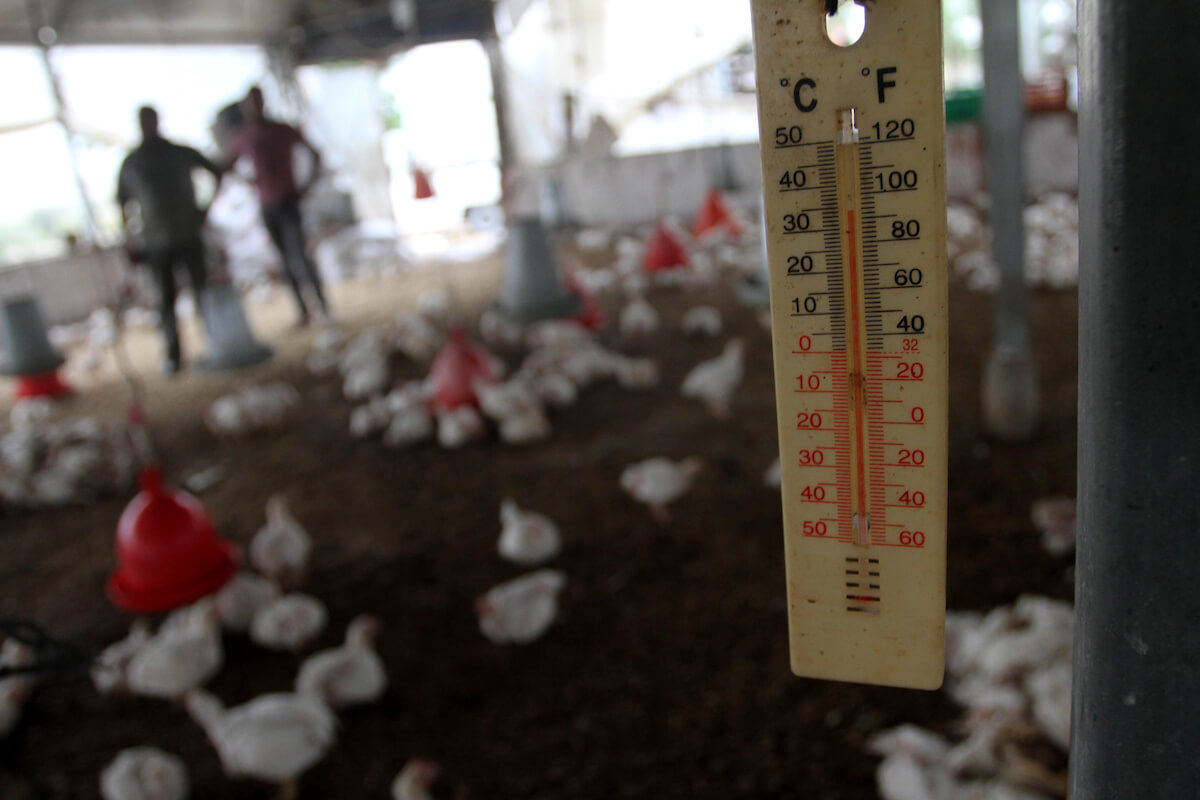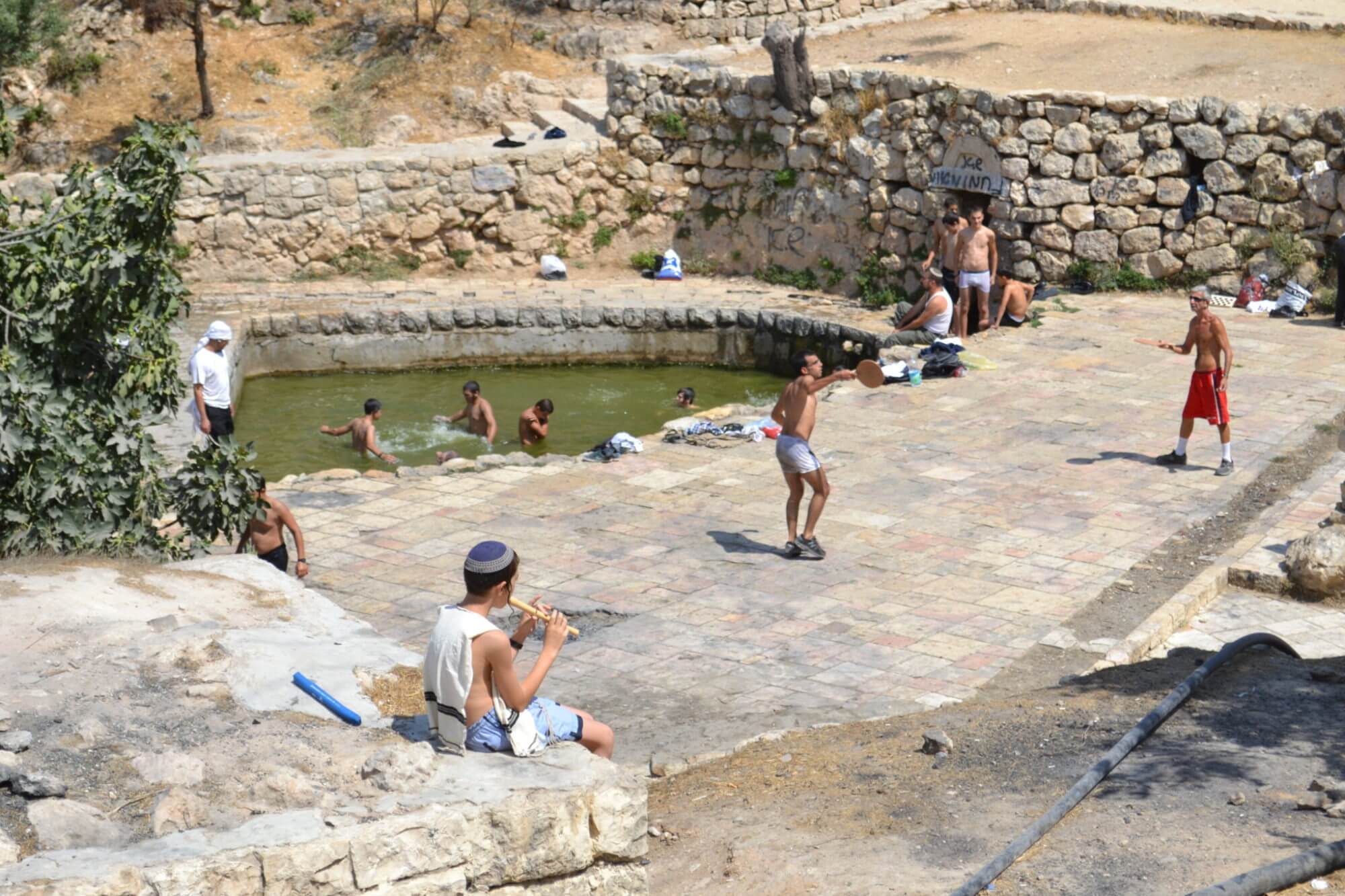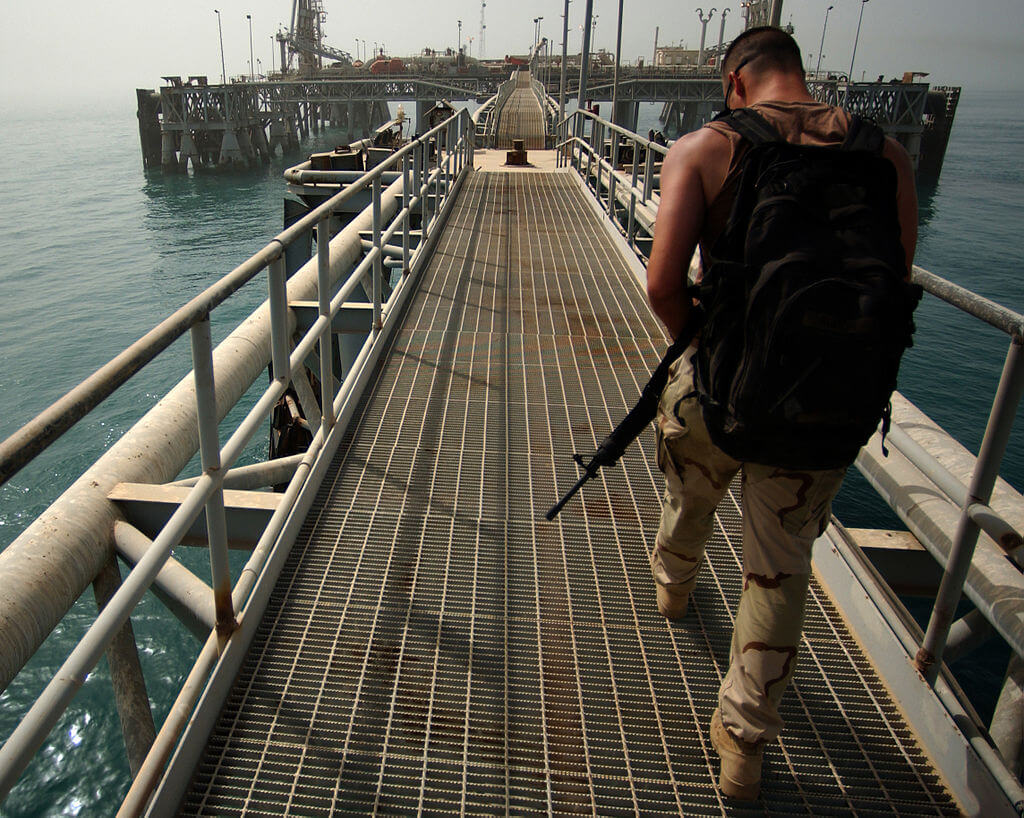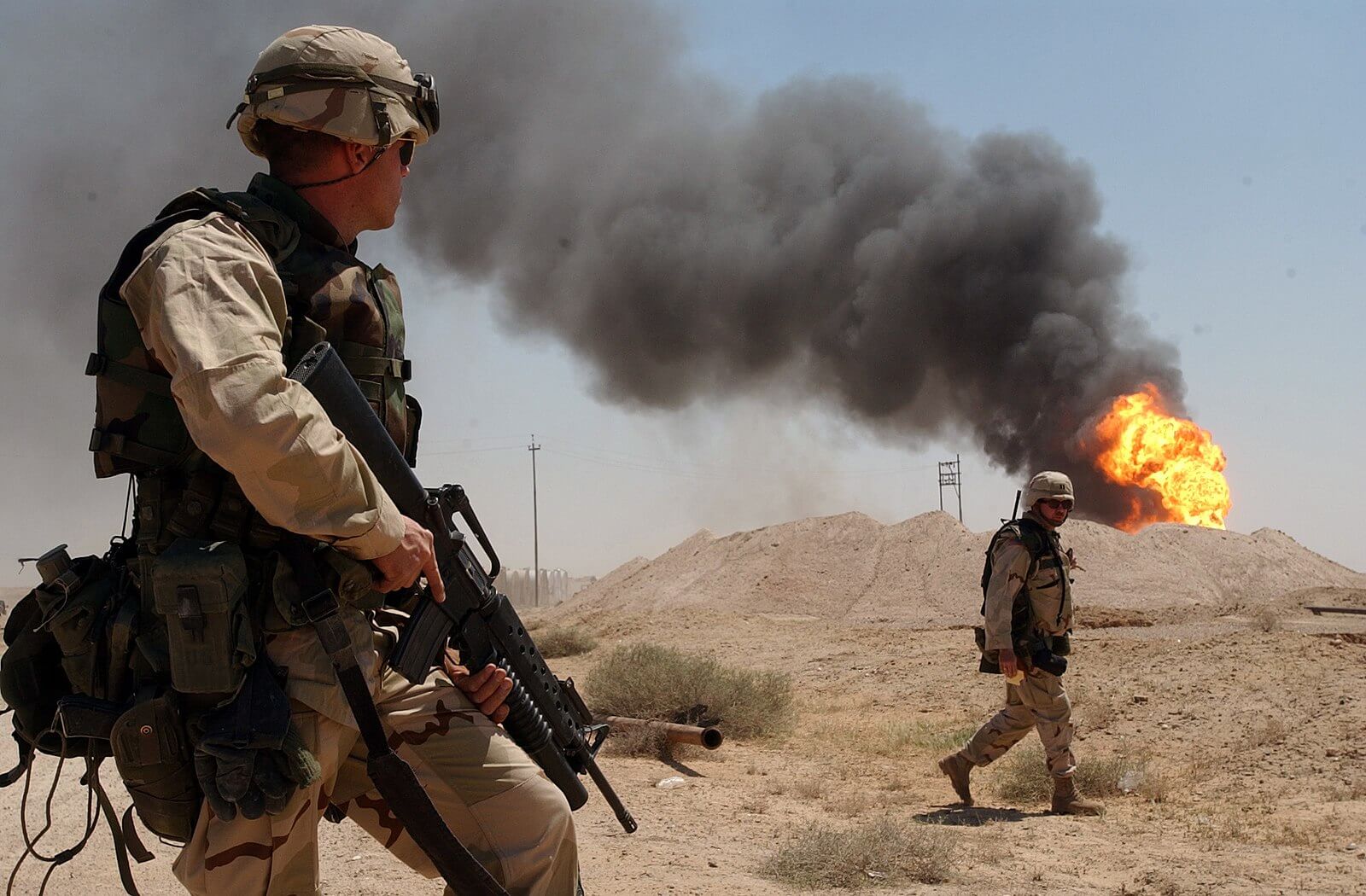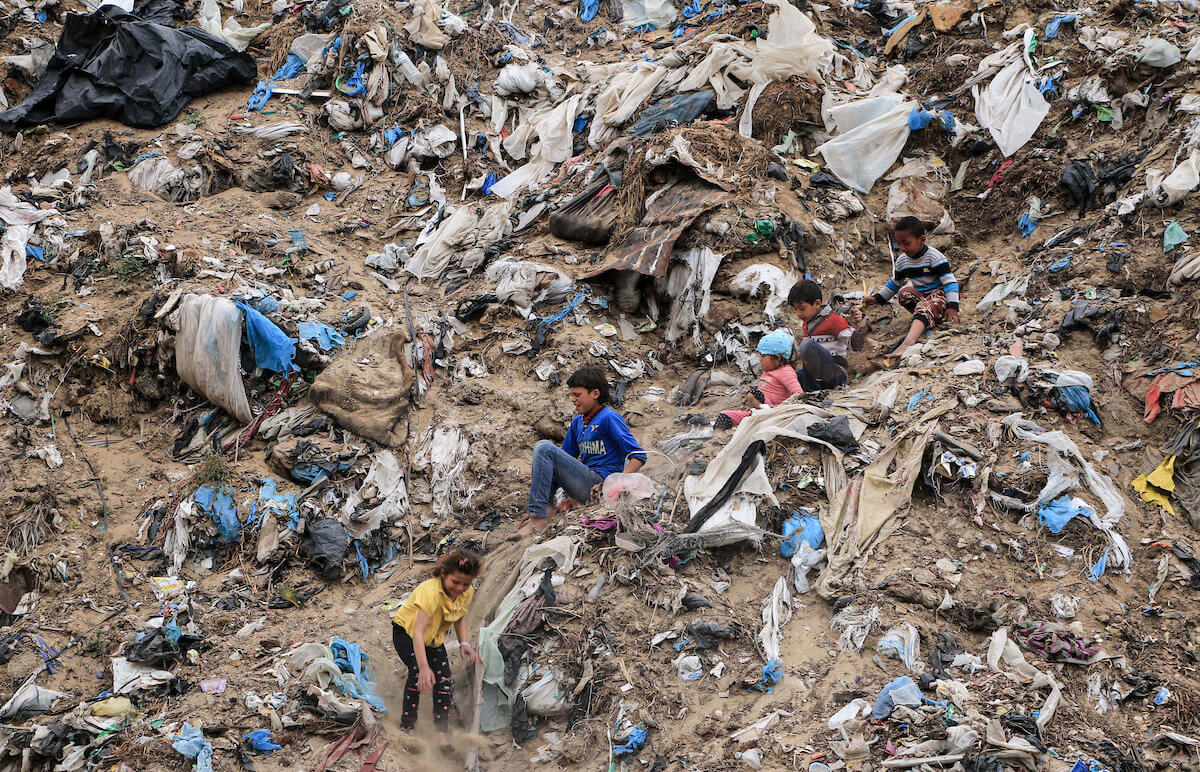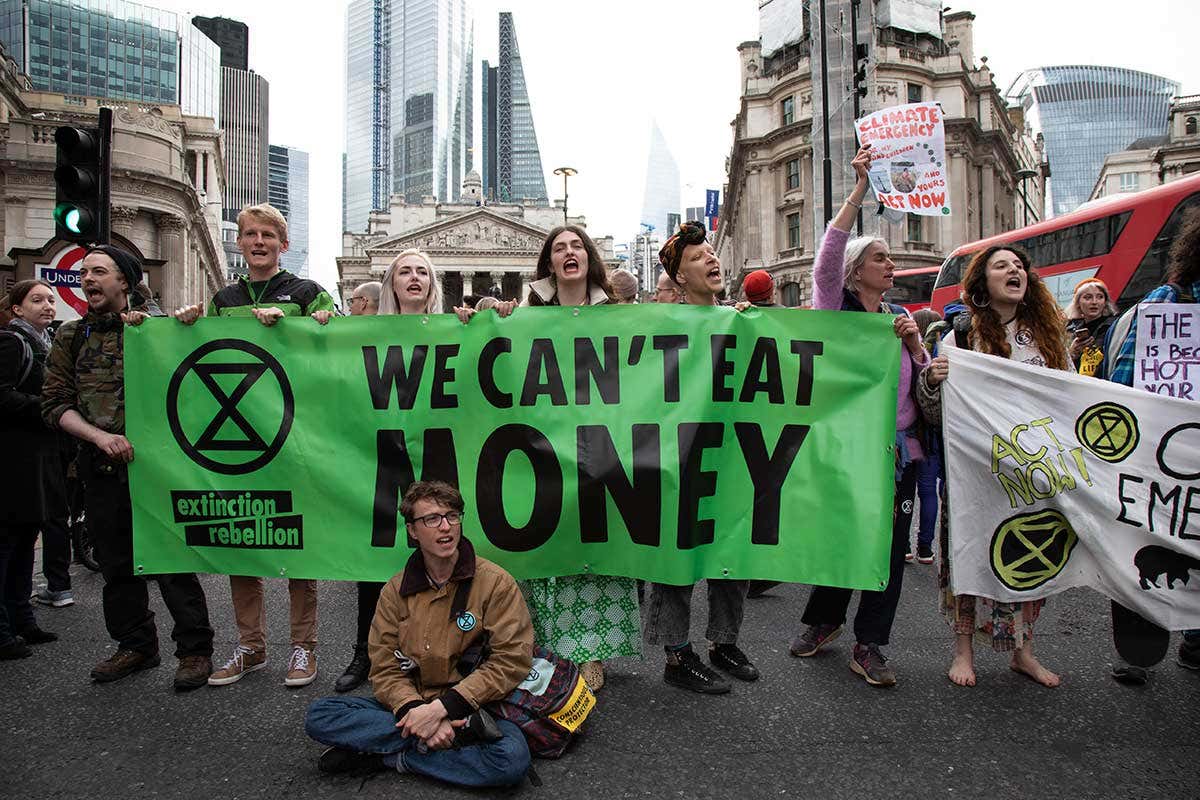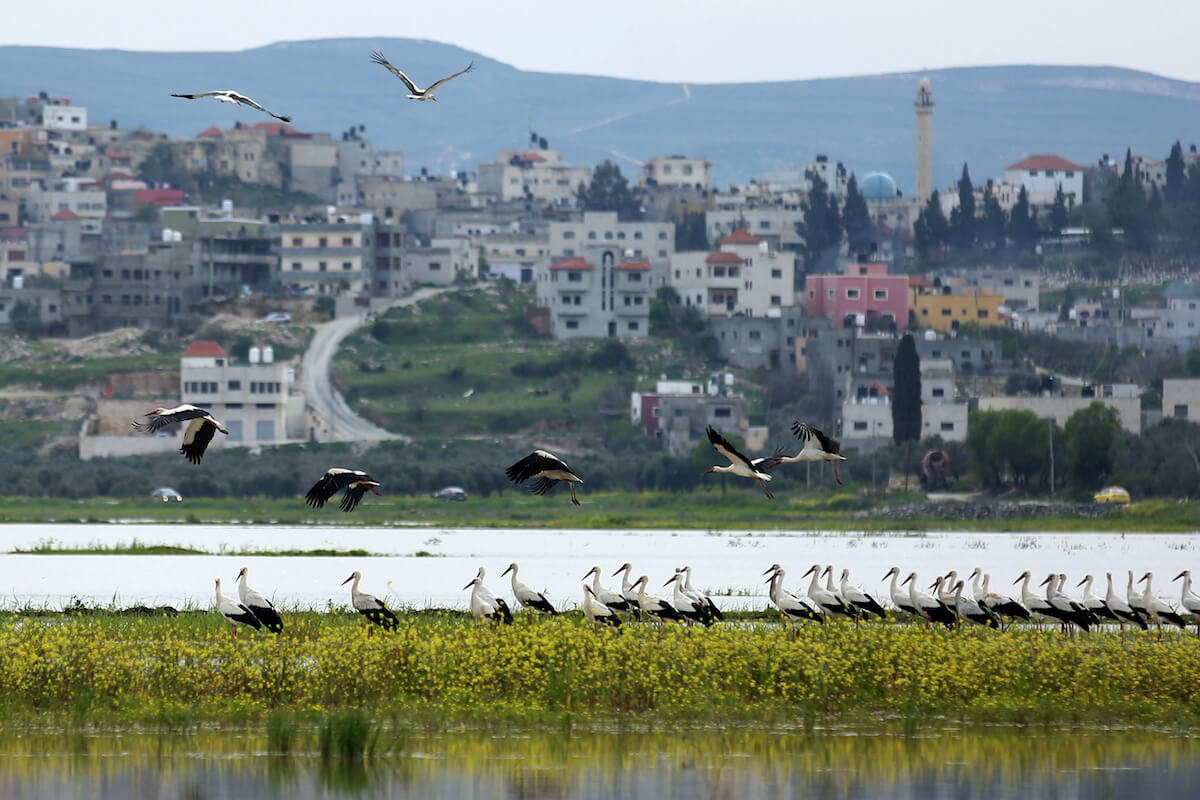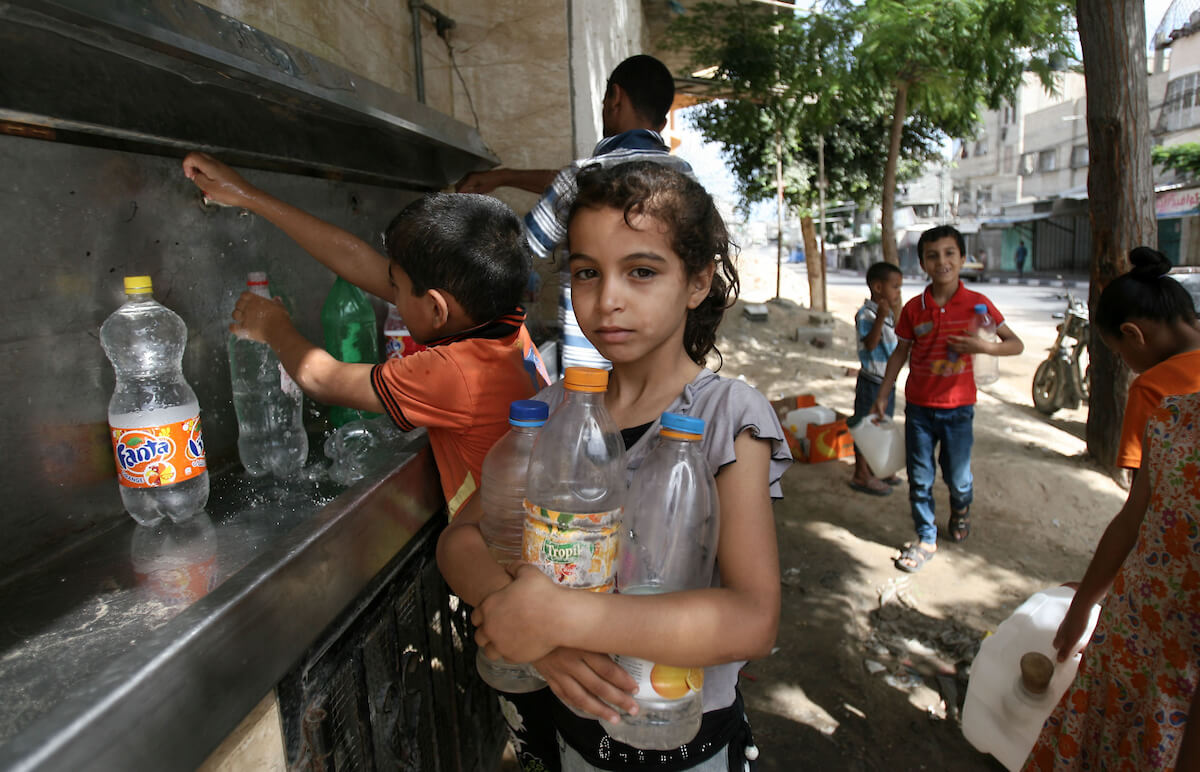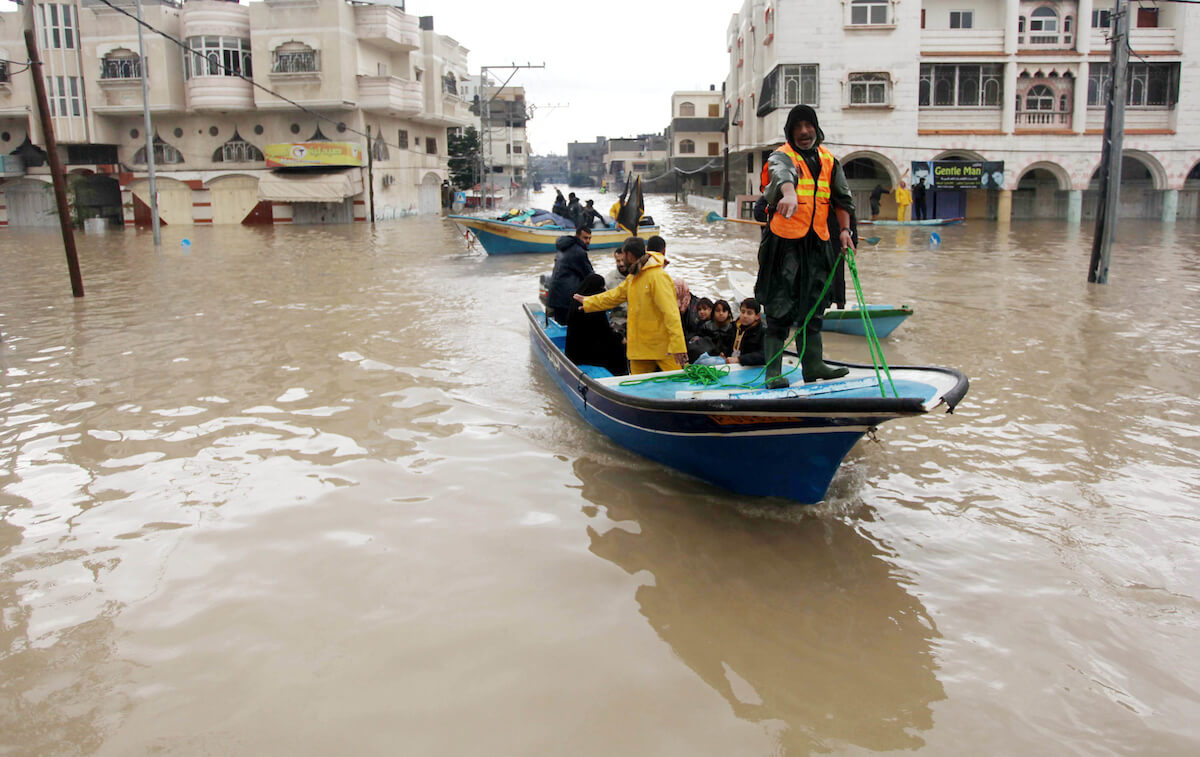In the world’s only settler-colonial apartheid state, forcible transfer and climate adaptation denial are the name of the game. In a region where climate futures promise to be especially dystopic the ensuing crisis will either accentuate inequity and conflict, or prompt solutions for once and for all for everyone’s benefit.
Climate change is a human rights issue. Nowhere is this clearer than in the Occupied Palestinian Territories (OPT), where land and natural resources required for climate adaptation are controlled by Israel, and systematically denied to Palestinians. Of all these resources, none are more vital than water.
If the United States goes to war with Iran, you are unlikely to hear the word “oil” uttered by top Trump administration officials, but make no mistake: that three-letter word lies at the root of the present crisis, not to speak of the world’s long-term fate.
The Anthropocene is a proposed new geological epoch which designates a shift to a planetary age dominated by human impacts across the geological processes of the Earth. But the Anthropocene is about far more than just climate change. It is about an entire system of life, whose design is to maximise resource extraction at the expense of expendable ‘Others’, and it is inseparable from the ceaseless sequence of industrial wars, culminating in today’s permanent state of the endless ‘war on terror’.
From a cooking gas shop to a women’s collective making toys from recyclables, meet Gaza’s entrepreneurs who are adapting to a crumbling environment that the UN says will become “unliveable,” in less than a year.
The rise of populism in both its rightwing and leftwing manifestations, and the more general political polarization in our societies, are the symptoms of a breakdown in trust, a collapse of consensus, a rupture of the social contract. Jonathan Cook says today we desperately need the populism of Extinction Rebellion, of Greta Thunberg and the school strikes, of politicians prepared to stand by a Green New Deal and declare real climate emergencies.
A recent UN global assessment confirms that the planet is currently experiencing 2,500 conflicts over fossil fuels, water, food and land — conflicts which are therefore directly related to the ongoing collapse of the earth’s biodiversity. Yet, political leaders are preoccupied with the surface symptoms of this fundamental crisis of civilization, rather than the crisis itself.
We are witnessing the loss of biodiversity at rates never before seen in human history. According to the world’s largest assessment of biodiversity nearly a million species face extinction if humans do not fundamentally change our relationship with the natural world. Dr. Michelle Lim says the world’s legal, institutional, and economic systems must be reformed entirely in order to halt the continued loss of nature, and that listening to Indigenous communities is an essential first step.
A biosphere refers to the interaction of all living things with the natural resources that sustain them. Mark Zeitoun and Ghassan Abu Sitta write that Gaza has become a “biosphere of war”, where “sanctions, blockades and a permanent state of war affects everything that humans might require in order to thrive, as water becomes contaminated, air is polluted, soil loses its fertility and livestock succumb to diseases. People in Gaza who may have evaded bombs or sniper fire have no escape from the biosphere.”
In her recent paper “Climate Change, the Occupation, and a Vulnerable Palestine,” Zena Agha outlines the threat that climate change presents to Palestine, how it is exacerbated by the Israeli occupation, and the steps being taken, or not being taken, to prepare for it. Adam Horowitz talks with Agha about what climate change means for the future of Palestine and the Middle East, and how it should fit into the Palestine solidarity movement agenda.
